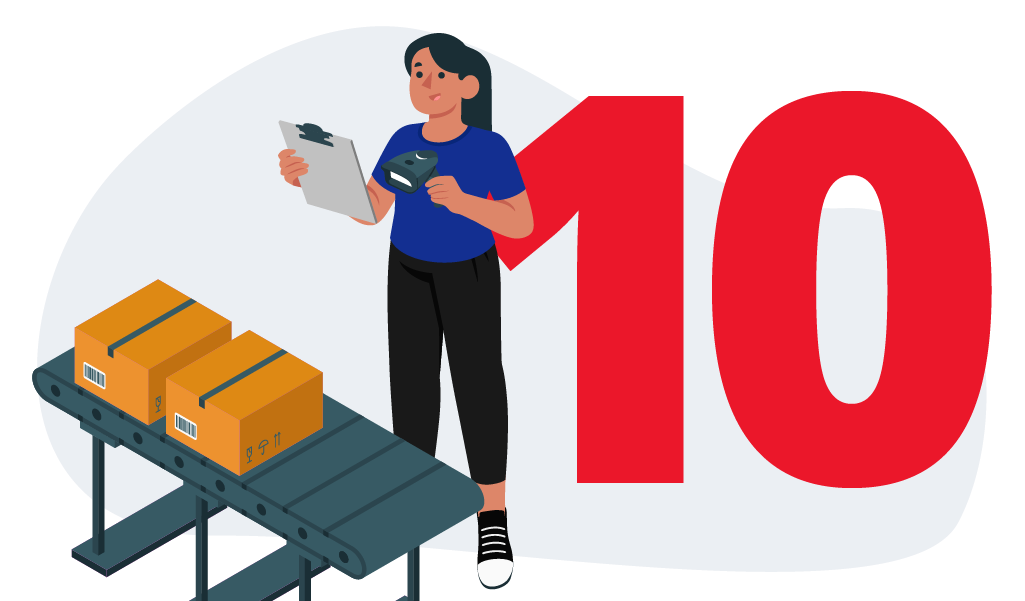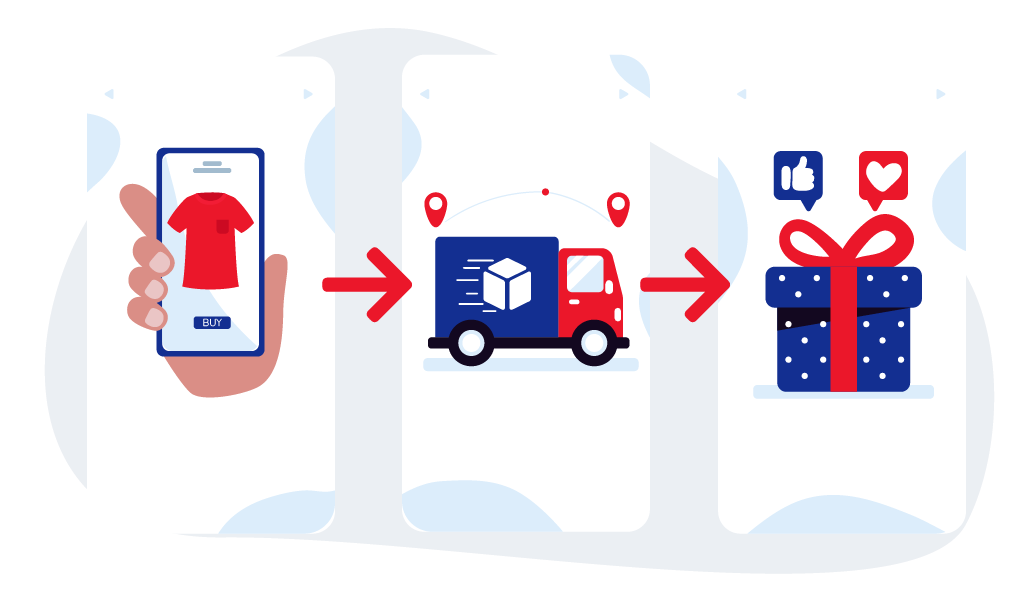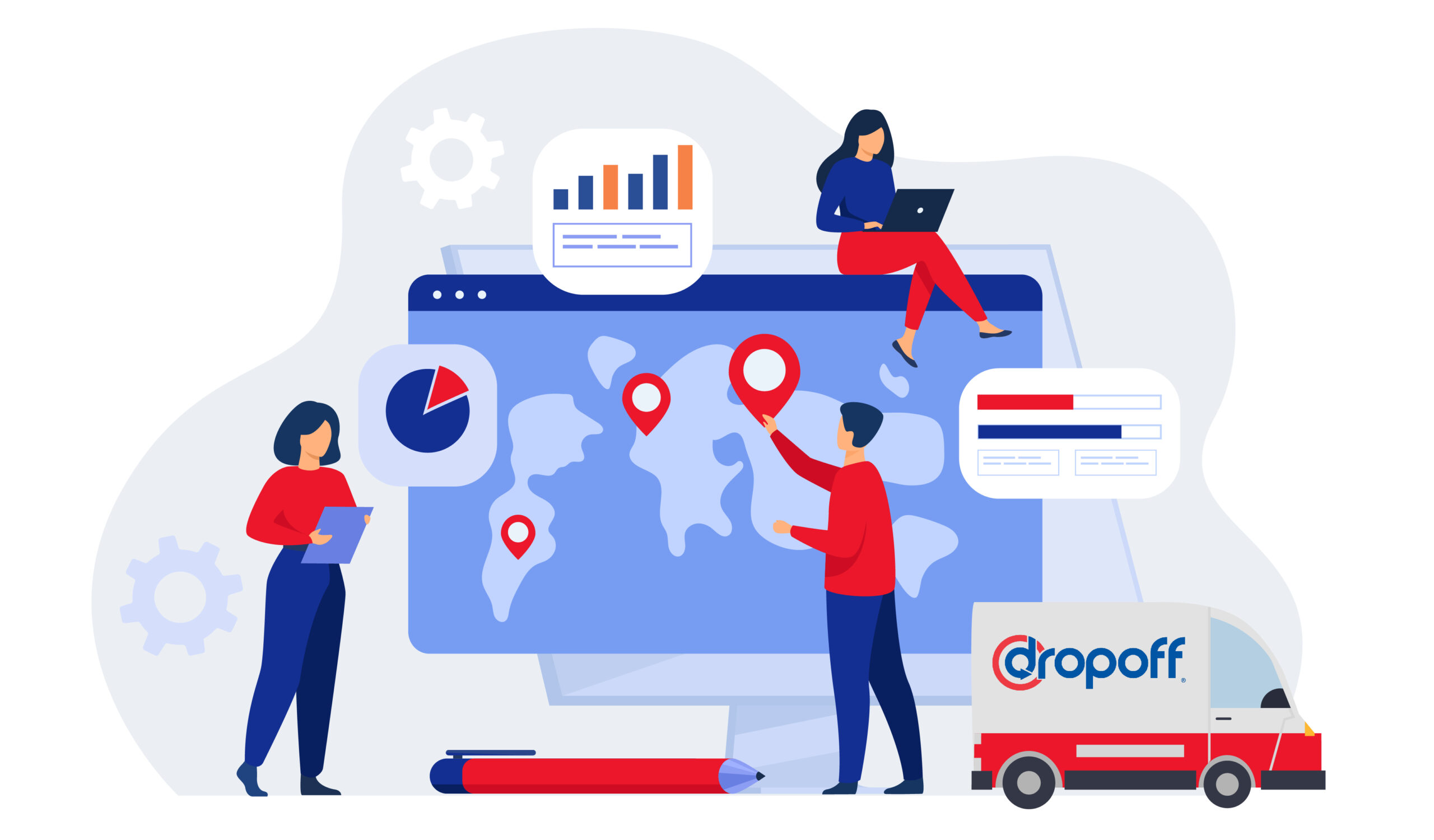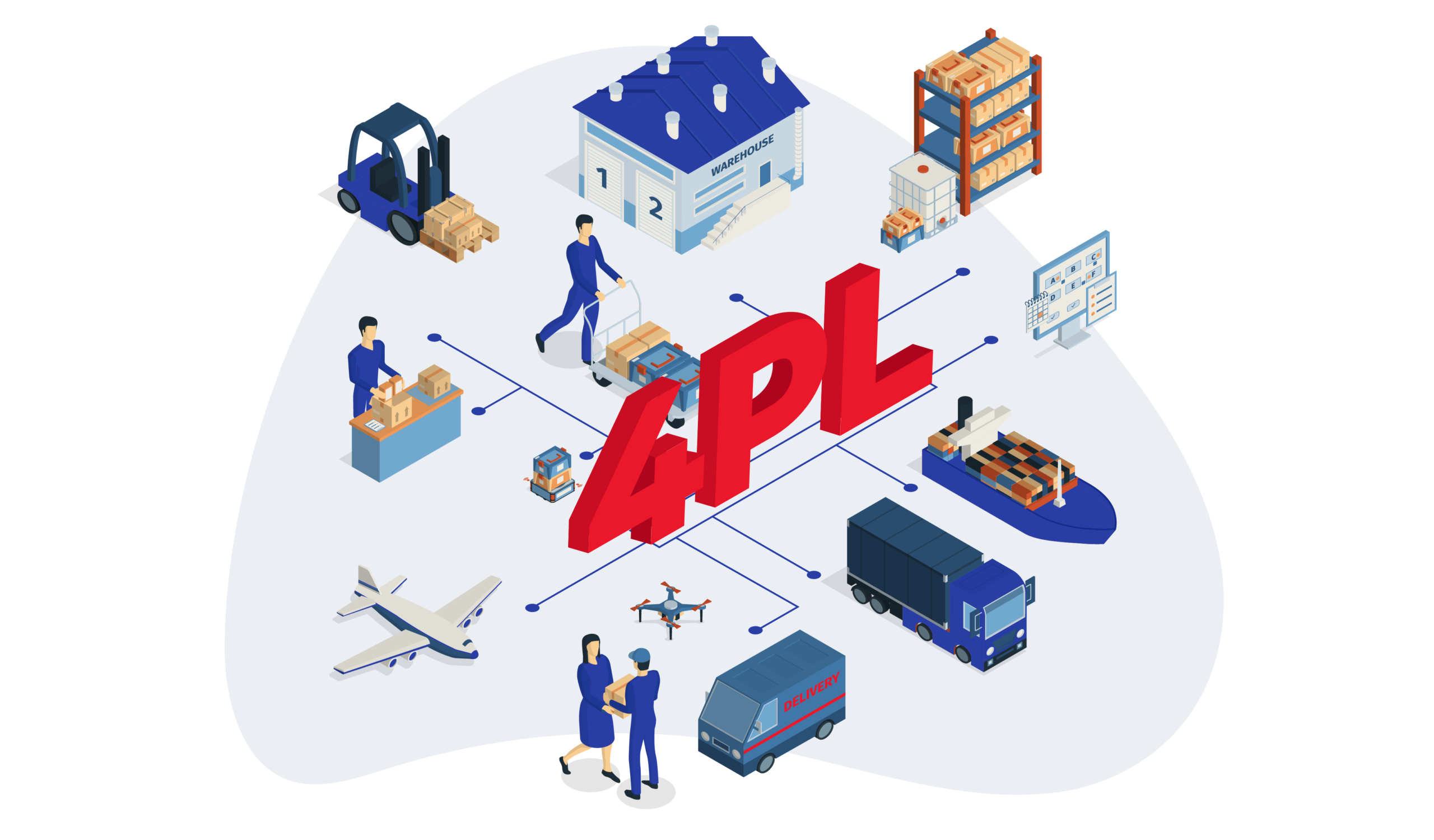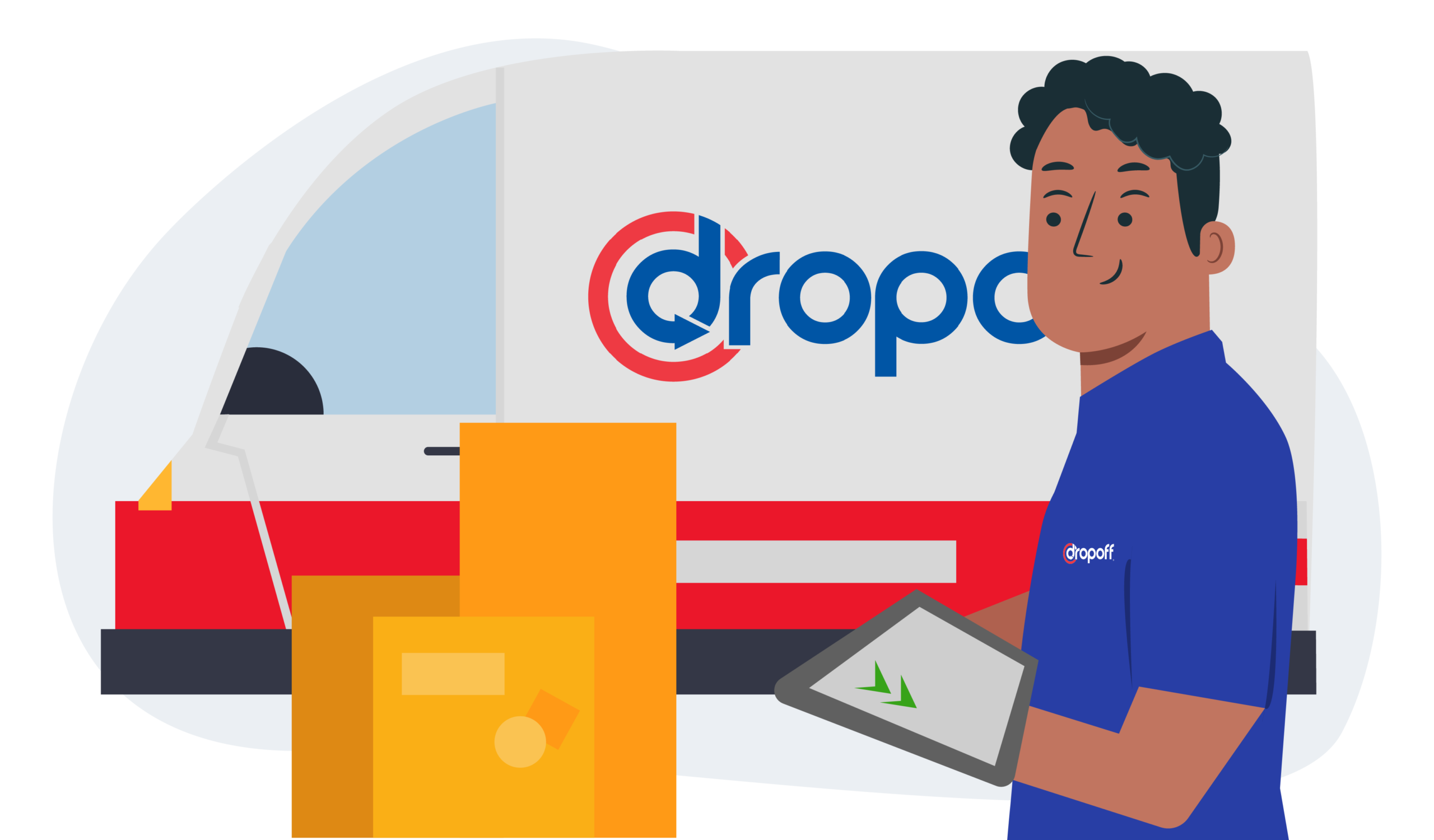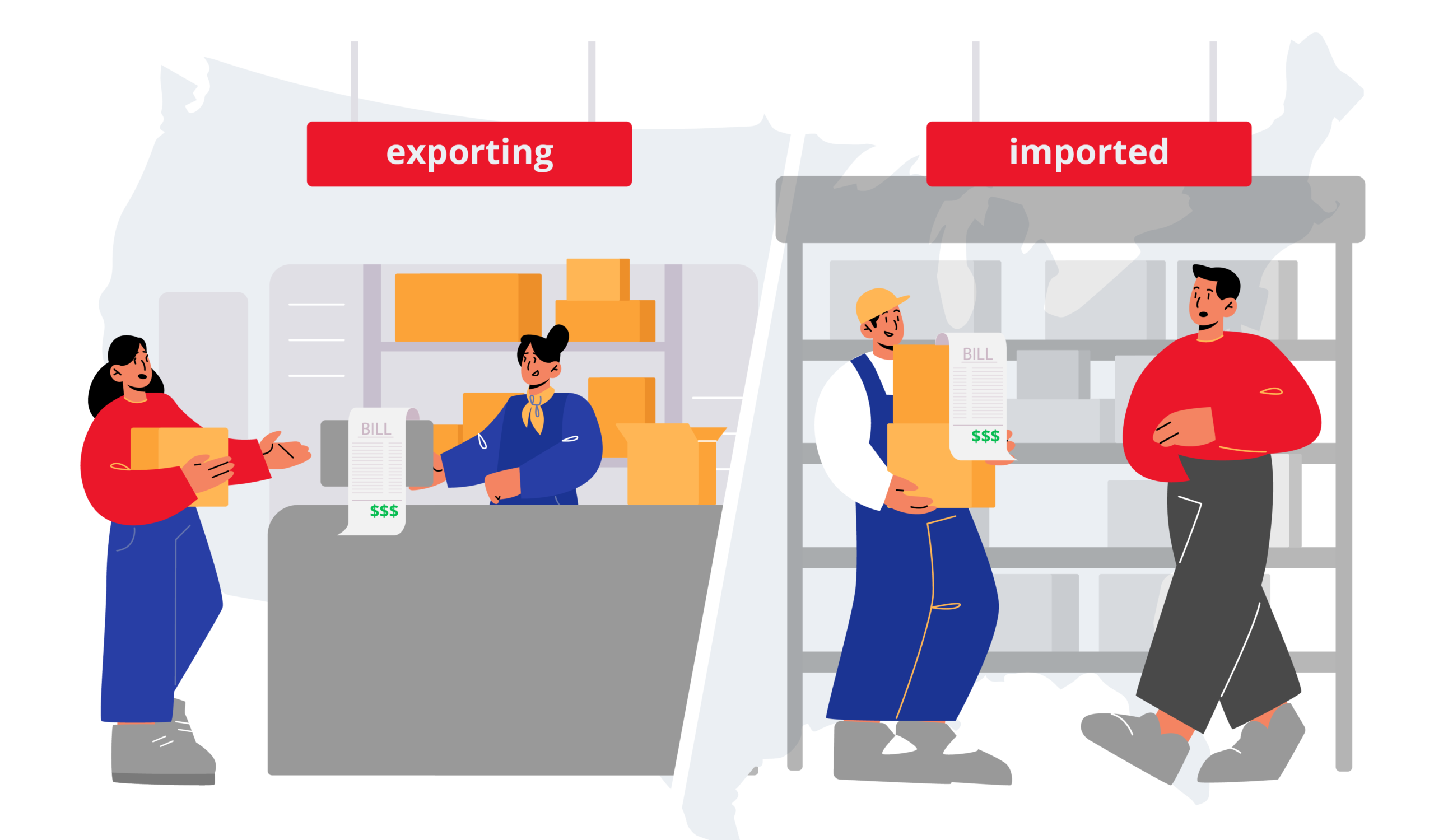10 Things to Learn About B2B Fulfillment in 2024: A Comprehensive Guide
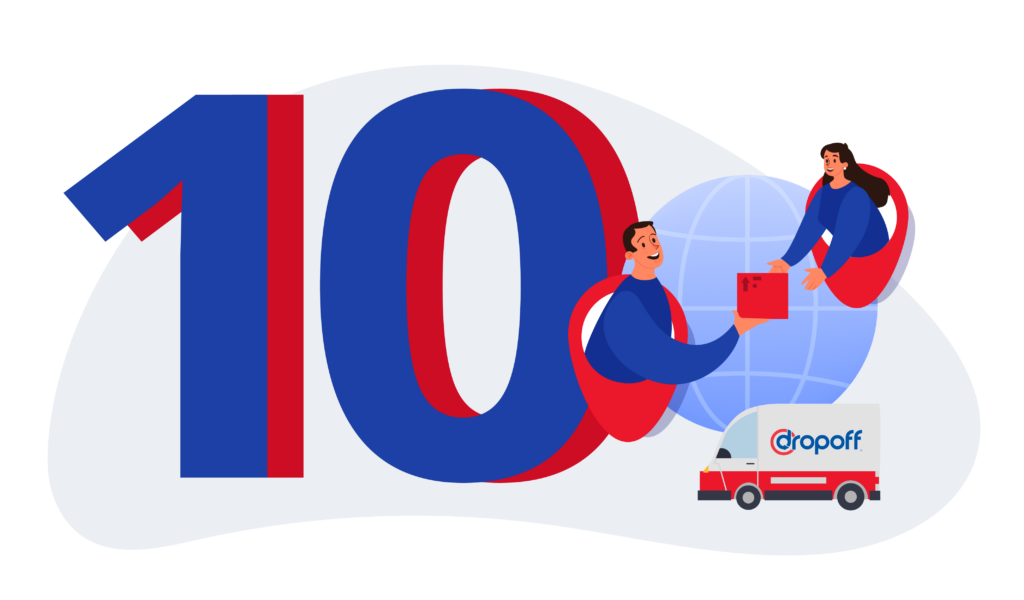
With the ever-evolving business landscape, it has become imperative for businesses to create a strong partner ecosystem that doesn’t just allow you to explore numerous revenue opportunities but also optimize your operations, including your supply chain. More than ever, it’s essential for businesses to find a B2B fulfillment partner that will allow them to serve their clients efficiently.
As of this writing, the global eCommerce fulfillment services market size alone is valued at $97.3 billion and is expected to grow at a compounded annual growth rate of 13.9% until 2030. With such a competitive market, choosing the perfect B2B fulfillment provider for your business could be tricky. In this blog, we’ll walk you through the ins and outs of B2B fulfillment.
Understanding B2B Fulfillment
Revlon, an internationally renowned cosmetics brand, filed for bankruptcy last June 2022. The reason? Difficulty in maintaining their supply chain.
In an article from Reuters, Revlon’s Chief Restructuring Officer Robert Caruso cited that the difficulty in acquiring and storing raw materials is one of the major considerations in their bankruptcy filing. “For example, one tube of Revlon lipstick requires 35 to 40 raw materials and parts, each of which is critical to bringing the product to market,” the executive said.
While the pandemic played a part in companies’ bankruptcy, including Revlon’s, it’s hard to deny that efficient B2B fulfillment services could’ve resolved these issues.
At its core, B2B fulfillment, or business-to-business order fulfillment, is the process of efficiently shipping bulk orders from one business entity to another. Unlike B2C fulfillment, which caters to individual consumers, B2B fulfillment focuses on meeting the demands of businesses that require substantial quantities of products. Furthermore, compared to direct-to-store delivery services, B2B solutions streamline a supply chain of numerous suppliers, manufacturers, warehouses, and more.
This intricate process involves meticulous order processing, inventory management, and timely delivery to ensure seamless operations for both the supplier and the recipient.
Amidst the intricate web of order processing, inventory management, logistics in B2B fulfillment, and other aspects of delivery orchestration, one factor often underestimated is effective communication.
The success of B2B transactions relies heavily on clear and timely communication between the businesses involved. It’s not merely about the physical movement of products but also about conveying critical information about order specifications, inventory updates, and potential challenges. This is especially true in today’s market when numerous companies are now offering bulk production for dropshipping, same-day deliveries, drone deliveries, and other fast-paced services that affect the competitiveness of a business.
In the case of Revlon, the bankruptcy woes could have been alleviated through a robust B2B fulfillment channel that ensures suppliers are well-informed about raw material needs and any potential disruptions. And if it happened to a multi-million cosmetic brand, it could happen to businesses of all sizes.
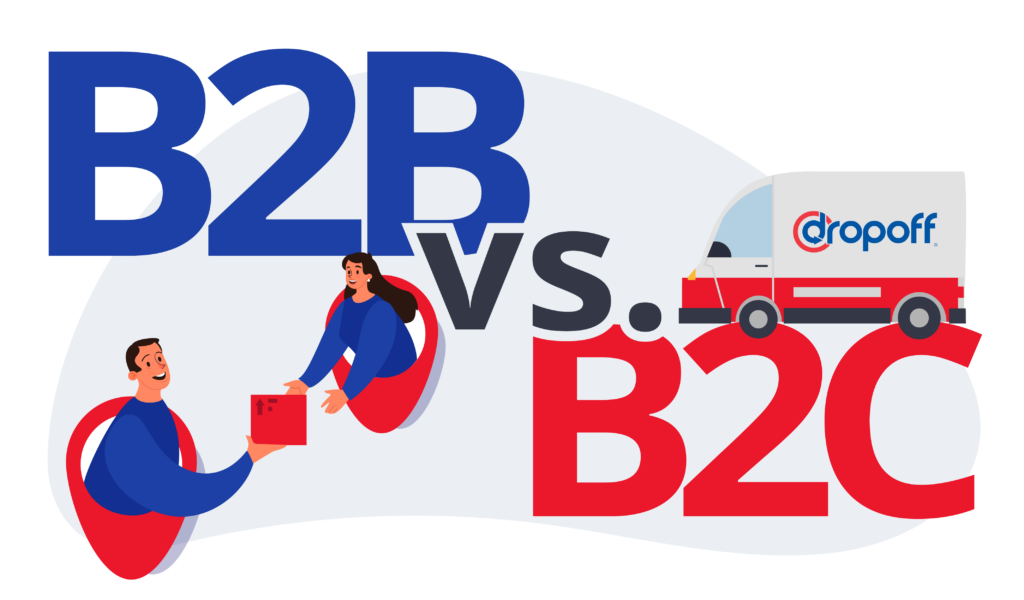
B2B vs. B2C Fulfillment: Key Differences
Identifying if your business needs B2B or B2C fulfillment is relatively easy. Like Revlon, if your go-to-market product needs a handful of materials from numerous suppliers, you need B2B fulfillment. Consequently, if your business supplies raw materials for DTC or direct-to-consumer brands, you should also have a reliable B2B fulfillment services partner.
On the other hand, if you have your storage and warehousing in place, and all you have to think about is delivering your products to customers, then you should go for B2C fulfillment services.
When evaluating these options, it’s essential to consider the operational scope and associated costs:
Unit Volume of Orders:
- B2B: Involves bulk quantities but fewer transactions.
- B2C: Higher order volume, each order being smaller.
Cost of Fulfilling Orders:
- B2B: More labor, specialized equipment, and infrastructure result in higher costs.
- B2C: Streamlined processes and optimized systems reduce overall fulfillment costs.
Need for Regulations:
- B2B: Compliance with extensive supply chain regulations, including EDI for data privacy.
- B2C: Generally involves simpler regulations focusing on consumer expectations and legal requirements.
Fulfillment Speed:
- B2B: Reliability and guarantee of delivery dates are prioritized over speed.
- B2C: Speed is crucial to meet consumer expectations, with same-day delivery becoming more prevalent.
Procurement Contracts and Payment Plans:
- B2B: Involves long-term contracts with significant financial implications, including credit-based payment plans.
- B2C: One-time purchases with immediate payment upon order placement or delivery.
Product Pricing:
- B2B: Negotiable pricing based on specific business needs and transaction volume.
- B2C: Standard, non-negotiable prices applicable to all consumers.
Understanding these differences is pivotal for businesses to align their fulfillment strategies with their specific requirements, ensuring efficient and cost-effective operations in the dynamic commerce landscape.

Top 10 Trends in B2B Fulfillment to Follow in 2024
The B2B fulfillment industry is now rapidly evolving as providers embrace numerous technological solutions to boost their operations. This technological revolution is far from slowing down, in fact, here are some of the B2B fulfillment trends that are expected to happen in 2024:
1. Outsourcing B2B Order Fulfillment
In response to the evolving landscape of B2B fulfillment services, companies are increasingly turning to specialized providers to streamline their order fulfillment processes. Notably, according to a recent survey by Industry Insights, 78% of B2B companies have embraced outsourcing as a strategic move, entrusting order fulfillment to dedicated service providers. This shift allows businesses to focus on their core competencies while benefiting from the expertise of fulfillment specialists.
Companies such as Dropoff, Flexe, ShipBob, Red Stag Fulfillment, Rakuten Super Logistics, and ShipMonk are among the prominent players offering comprehensive logistics solutions with B2B fulfillment, catering to the unique needs of businesses engaged in both domestic and international transactions. The trend underscores a strategic realignment in the industry, aiming to enhance efficiency and elevate customer satisfaction in the competitive world of B2B commerce.
2. Database for Order Fulfillment
According to a study on B2B firms, 85% of companies leverage robust databases, and Oracle NetSuite stands out as a comprehensive solution. It offers seamless integration into order fulfillment workflows, enhancing efficiency and minimizing errors.
Oracle NetSuite provides real-time visibility into inventory, order processing, and other critical aspects, empowering businesses with valuable insights for strategic decision-making. This database solution plays a pivotal role in the optimization of order fulfillment operations, contributing to the overall success and competitiveness of B2B companies in the dynamic market.
3. Inventory Management Systems for B2B Fulfillment
One prominent inventory management system solution widely adopted by B2B companies is SAP Integrated Business Planning (IBP). According to a Logistics Today report, 92% of B2B companies employ advanced inventory management systems, and SAP IBP is recognized for its effectiveness. This system optimizes supply chain visibility, leading to a 20% reduction in costs and ensuring timely order fulfillment.
SAP IBP offers real-time insights into inventory levels, demand forecasting, and order processing, allowing businesses to streamline their operations and maintain a competitive edge in the dynamic B2B market.
4. Cybersecurity Innovations
Companies engaged in B2B logistics often face common cybersecurity challenges, including data breaches, phishing attacks, and ransomware threats. To address these issues, many businesses turn to advanced cybersecurity solutions. One widely adopted cybersecurity software is Palo Alto Networks’ Cortex XDR.
Known for its threat detection and response capabilities, Cortex XDR is designed to protect against sophisticated cyber threats, ensuring the integrity and security of data exchanged in B2B fulfillment processes.
5. AI Trends in This Sphere
Artificial Intelligence (AI) is revolutionizing B2B fulfillment with predictive analytics, demand forecasting, and automation, enhancing overall efficiency and reducing errors. The AI system accurately forecasts demand by analyzing historical data, market trends, and external factors, allowing the company to maintain optimal stock levels, minimize excess inventory costs, and ensure timely order fulfillment.
In the broader logistics context, major players like UPS harness the power of AI to streamline supply chain deliveries. UPS employs an AI-powered GPS tool named ORION (On-road Integrated Optimization and Navigation) to create the most efficient routes for its fleet. This system incorporates customer, driver, and vehicle data, using algorithms to generate optimal routes. By avoiding back-tracking, mitigating traffic congestion, and adjusting routes on the go based on real-time conditions, ORION helps UPS drivers make deliveries on time and efficiently. The impact is substantial, with UPS estimating a 100 million delivery miles reduction, leading to significant savings in time, money, and environmental impact.
6. Real-time Visibility Solutions
In a comprehensive study conducted by CoEnterprise, it was found that an overwhelming 82% of B2B companies specifically highlighted the critical importance of real-time visibility solutions. These cutting-edge technologies play a pivotal role in providing businesses with instantaneous access to crucial information. They are instrumental in facilitating informed decision-making processes, particularly in the realms of order tracking and inventory management.
7. Sustainability Initiatives
As companies increasingly integrate sustainability initiatives into their fulfillment processes, concerns for environmental impact, meeting consumer expectations, and ensuring long-term business viability come to the forefront.
While it may be minimal for some, optimal truckload is one of the biggest factors to consider when ensuring the sustainability of a B2B fulfillment service. Companies should actively seek solutions to maintain full truckloads, thereby avoiding resource wastage and reducing environmental impact. One innovative approach is the implementation of shared truckloads, allowing multiple companies to utilize the same truck for freight transportation. The ultimate goal is to approach or reach total load capacity, minimizing both environmental impact and costs. Employing secure loading systems further enhances the effectiveness of this practice, providing a sustainable solution that benefits both companies and the environment.
8. Mobile Technology Integration
Companies have integrated mobile technologies into their fulfillment operations. This strategic integration significantly enhances communication, collaboration, and real-time updates, thereby contributing to the overall agility of the B2B fulfillment process.
One standout solution in the realm of mobile integration is ShipBob. ShipBob collaborates with direct-to-consumer (DTC) and B2B brands, offering comprehensive order fulfillment services across 40+ global locations. With ShipBob, e-commerce brands benefit from world-class logistics tailored to all sales channels on a global scale. The platform provides a full customization suite, allowing brands to showcase their unique identity through personalized packaging and inserts. Moreover, ShipBob excels in managing B2B and wholesale orders and handling retailer compliance, including Electronic Data Interchange (EDI) documents.
9. Collaborative Robotics (Cobots) in Warehousing
A Robotics Insights survey indicates that 70% of B2B companies have adopted collaborative robotics in their warehouses. These robots enhance operational efficiency, accelerate order fulfillment, and reduce errors, marking a transformative shift in B2B logistics.
10. Personalization in B2B Fulfillment
Unlike the more commonly associated concept of personalization in B2C, which focuses on catering to individual consumers, B2B personalization centers around addressing the distinct needs and preferences of business clients.
An illustrative example of personalization in B2B fulfillment is how fulfillment providers tailor their services to meet specific industry requirements. For instance, a B2B fulfillment partner serving clients in the pharmaceutical sector may customize its processes to align with stringent regulatory compliance standards, ensuring that pharmaceutical products’ handling, storage, and transportation adhere to industry-specific regulations.
Selecting the Right B2B 3PL Provider
Selecting the appropriate B2B 3PL (Third-Party Logistics) provider is a crucial decision for businesses looking to outsource B2B fulfillment. It entails prioritizing providers with industry-specific expertise and a proven track record, advanced technology integration, scalability for accommodating growth, and global reach for international operations. Customizable services, transparent communication, and regulatory compliance are essential factors for trust and seamless logistics.
Reflecting on Revlon’s bankruptcy scenario, a well-chosen 3PL partner with these attributes could have averted supply chain challenges. Industry expertise, technology integration, scalability, global reach, service customization, transparency, and regulatory compliance would have contributed to efficient order fulfillment, minimized disruptions, and enhanced the overall resilience of Revlon’s supply chain, potentially preventing the difficulties that led to bankruptcy.
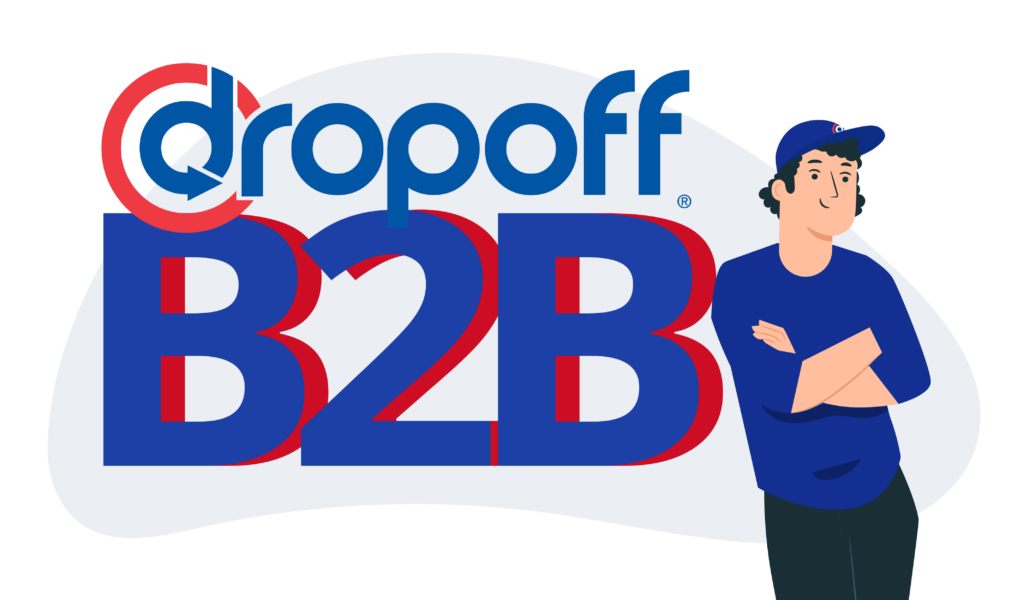
Why Should Dropoff Become Your B2B Provider?
Selecting Dropoff as your delivery services provider is a strategic move, primarily due to its seamless tech integrations that enhance your B2B fulfillment. The company prioritizes user-friendly scheduling and customization through an accessible online portal, available 24/7 for convenient pickup arrangements. Dropoff’s professional and uniformed couriers, equipped with advanced technology, guarantee timely pickups and provide real-time tracking and delivery confirmation. The digital chain of custody ensures compliance documentation and peace of mind throughout the delivery process.
Dropoff’s commitment to technological excellence extends to its customizable delivery confirmations, allowing you to choose between photos, signatures, emails, texts, or other preferred courier actions. The company stands out as a tech-driven solution, offering instant delivery confirmations tailored to your specific requirements.
Furthermore, Dropoff’s adaptive capabilities, driven by tech integrations, make it an extension of your business, ensuring smooth logistics operations. With a focus on reliable and transparent tech-driven services, Dropoff emerges as the B2B provider that not only delivers but integrates technology seamlessly into the fulfillment process for a future-proof supply chain process.
Final Thoughts
Staying abreast of these trends will empower businesses to navigate the complex world of B2B fulfillment successfully. As we progress through 2024, the integration of technology, sustainability initiatives, and strategic partnerships will undoubtedly shape the future of B2B fulfillment, fostering growth and efficiency in this dynamic industry.
FAQs
B2B fulfillment involves efficiently shipping bulk orders between businesses, focusing on meeting the demands of business clients. In contrast, B2C fulfillment caters to individual consumers with higher order volumes but smaller quantities per order.
Outsourcing B2B order fulfillment to specialized providers, as indicated by a survey by Industry Insights, allows businesses to focus on core competencies while benefiting from the expertise of fulfillment specialists, enhancing overall efficiency and customer satisfaction.
Industry expertise, technology integration, scalability, global reach, service customization, transparency, and regulatory compliance are essential factors to consider when selecting a B2B 3PL provider. These attributes contribute to efficient order fulfillment and minimize disruptions.

